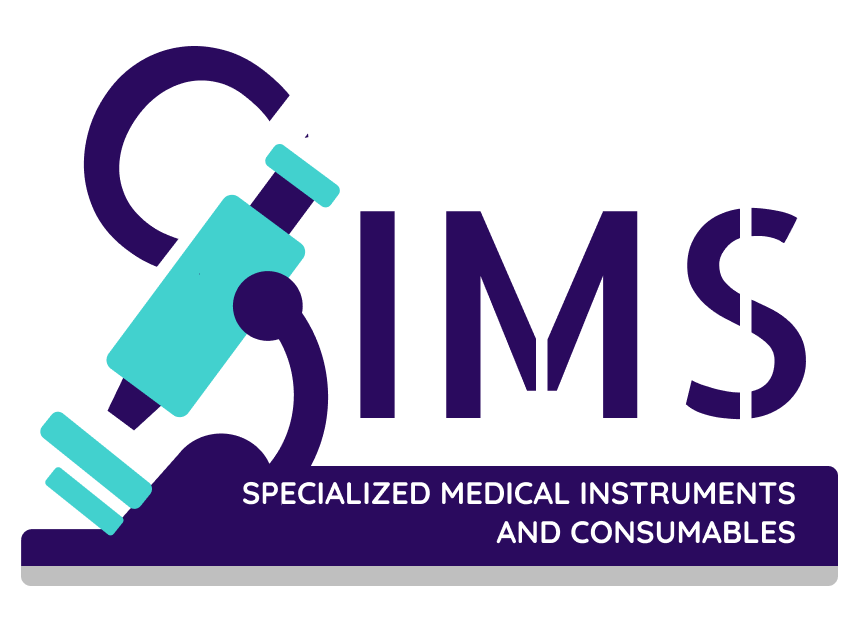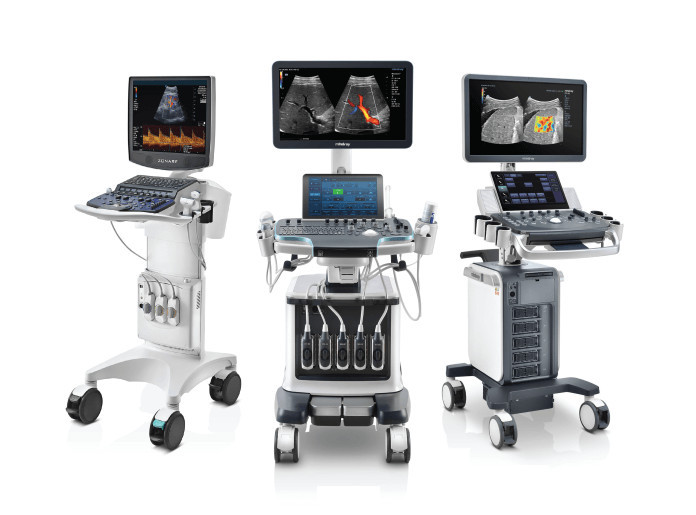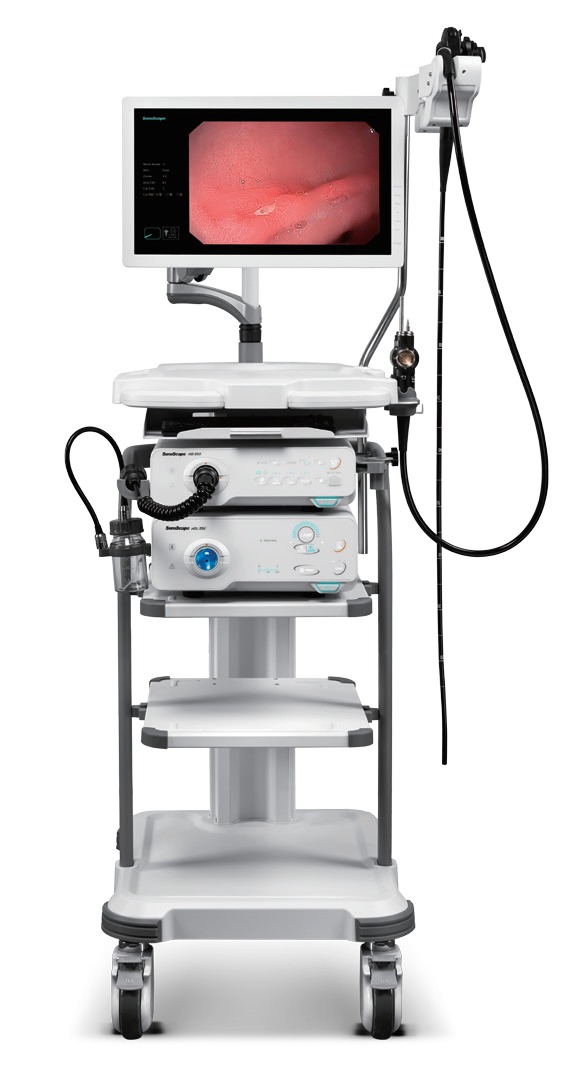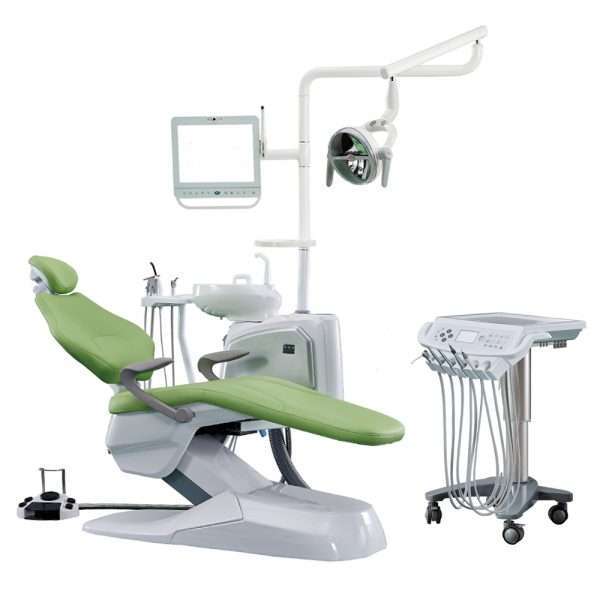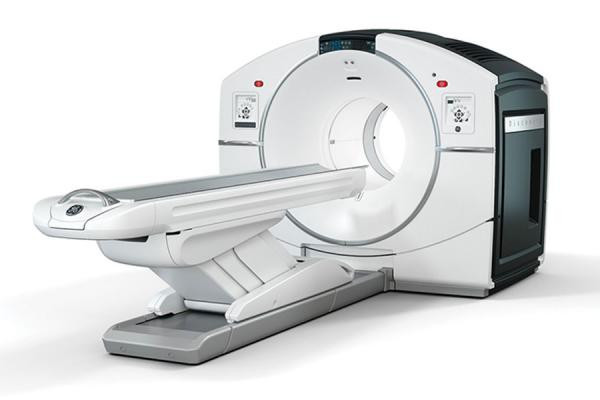Introduction:
The field of healthcare is undergoing a remarkable transformation, with cutting-edge innovations in medical instruments and the integration of Artificial Intelligence (AI) technology. These advancements are revolutionizing the way medical professionals diagnose, treat, and care for patients. In this blog, SIMS Sarl will navigate into some of the most exciting innovations in medical instruments and how AI is being harnessed to enhance healthcare outcomes.
The Marriage of Medicine and AI:
Artificial Intelligence, particularly machine learning and deep learning algorithms, has found a significant role in the healthcare sector. AI’s ability to analyse vast amounts of data, recognize patterns, and make predictions has opened up new possibilities in diagnostics, treatment, and patient care.
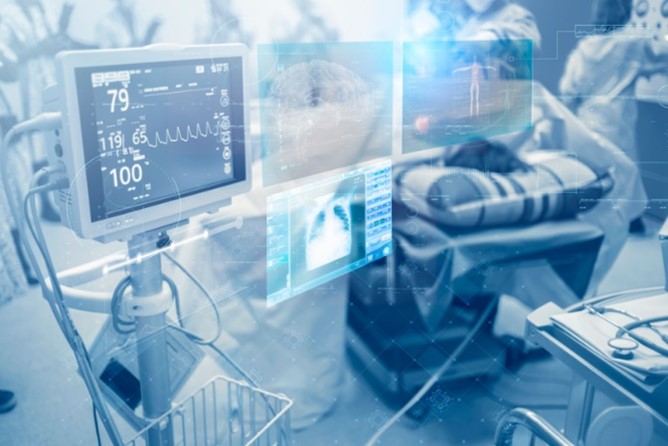
Innovations in Medical Instruments:
Smart Imaging Systems:
AI-powered imaging systems, such as MRI and CT scanners, can provide more precise and faster image analysis.
Computer vision algorithms can detect anomalies in medical images, aiding in the early diagnosis of diseases like cancer and reducing the risk of human error.
Robot-Assisted Surgery:
Surgical robots equipped with AI algorithms can assist surgeons in performing complex procedures with greater precision and minimally invasive techniques.
These systems enhance surgical accuracy, reduce recovery times, and improve patient outcomes.
Wearable Health Devices:
Wearable devices, like smartwatches and fitness trackers, collect real-time health data and monitor patients’ vital signs.
AI algorithms analyse this data to provide early warnings about potential health issues, facilitating preventive care.
Remote Patient Monitoring:
AI-powered remote monitoring systems enable healthcare providers to track patients’ conditions from a distance.
This technology is particularly valuable for managing chronic illnesses and ensuring timely interventions.
Predictive Analytics:
AI-driven predictive analytics can forecast disease outbreaks, identify high-risk patients, and optimize resource allocation in healthcare facilities.
It aids in proactive healthcare management and resource planning.

The Benefits of AI-Enhanced Medical Instruments:
- Early Detection and Diagnosis:
AI algorithms can detect subtle patterns and anomalies in medical data, leading to earlier and more accurate diagnoses.
- Personalized Treatment:
AI-driven treatment recommendations are tailored to individual patient data, optimizing therapy plans for better outcomes.
- Increased Efficiency:
Automation of routine tasks and data analysis allows healthcare providers to focus on patient care, reducing administrative burdens.
- Enhanced Research:
AI helps researchers analyse large datasets, accelerating the discovery of new treatments and therapies.
- Improved Patient Engagement:
Wearable devices and remote monitoring empower patients to actively participate in their healthcare, leading to better adherence to treatment plans.
Conclusion:
Innovations in medical instruments, fuelled by the power of AI, are ushering in a new era of healthcare. These advancements promise more accurate diagnoses, personalized treatment plans, and improved patient care. As technology continues to evolve, the healthcare industry must embrace these innovations to provide more effective, efficient, and patient-centred services. The future of medicine lies at the intersection of cutting-edge medical instruments and the intelligent capabilities of AI, and it holds the potential to transform healthcare for the better.
At SIMS Sarl, we accompany healthcare practitioners and individuals to gain access to AI-powered tools and resources of any type. We understand that innovation is key, and we help our clients to remain abreast with advances in the world.
Blog by Mr. Alain FOFEH, UK
Artificial Intelligence Consultant at SIMS Sarl
